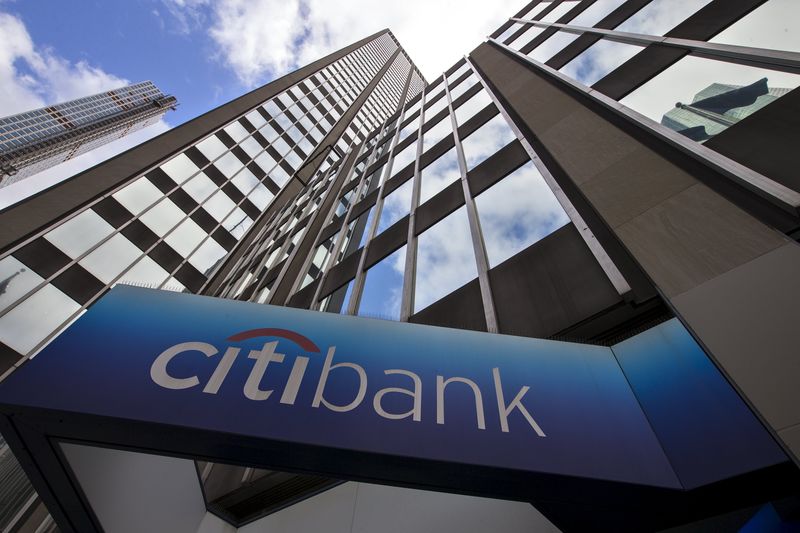LONDON (Reuters) - European banks Deutsche Bank , Barclays and UBS have seen their market share in foreign exchange trading slump in the past year, as U.S. banks led by Citigroup (N:C) grabbed business, according to widely watched industry rankings.
Citigroup kept its top spot as the leading foreign exchange trading bank with a market share of 16.1 percent, up from 16 percent a year ago, according to the Euromoney FX Survey 2015.
Deutsche Bank (DE:DBKGn) and Barclays (L:BARC) remained in second and third spots, but their market shares fell to 14.5 percent from 15.7 percent and to 8.1 percent from 10.9 percent, respectively.
UBS (VX:UBSG) fell to fifth from fourth as its market share slumped to 7.3 percent from 10.9 percent, and HSBC (L:HSBA) dropped to seventh from fifth with a market share of 5.4 percent from 7.1 percent a year ago.
U.S. banks made strong gains on their European rivals.
JPMorgan (N:JPM) moved to fourth as its market share rose to 7.7 percent from 5.6 percent and Bank of America Merrill Lynch (N:BAC) rose to sixth with a 6.2 percent share, up from 4.4 percent.
Euromoney, whose annual poll of liquidity consumption is watched closely by the foreign exchange (FX) industry, said a majority of business was conducted electronically for the first time in the past year, with e-channel execution accounting for 53.2 percent of total volumes, up from 47 percent in 2014 and 40 percent in 2011.
The shift to electronic trading is adding to change across the industry, as banks come under pressure to change business models to focus on areas of strength and cut back where they lack scale.
Two years of scandal over market manipulation and the fallout of a 30 percent move in minutes by the Swiss franc in January have led many banks to reassess their FX operations, traditionally among their biggest and most reliable earners.
One of the previous leaders, Royal Bank of Scotland (L:RBS), has fallen away and other European banks, striving to find new business models in response to a raft of new regulation and generally tighter margins on FX trading, have slashed staffing on trading floors.

The industry was rocked last year by allegations of market rigging, and authorities in the United States and Europe have fined seven banks over $10 billion for failing to stop traders from trying to manipulate rates.